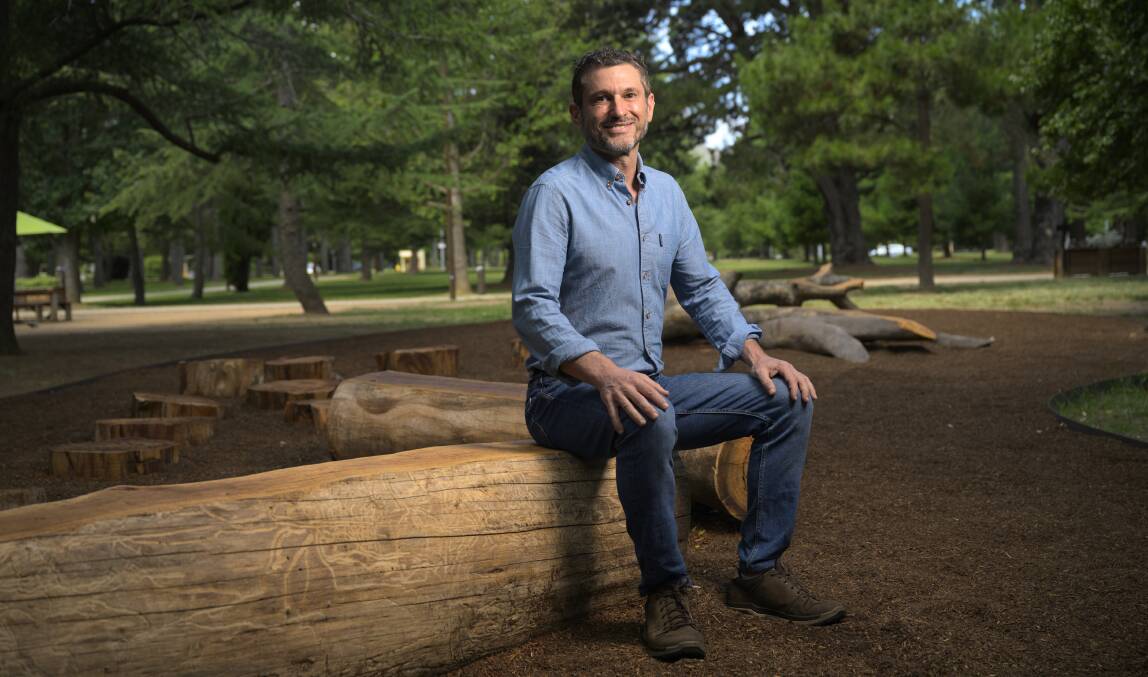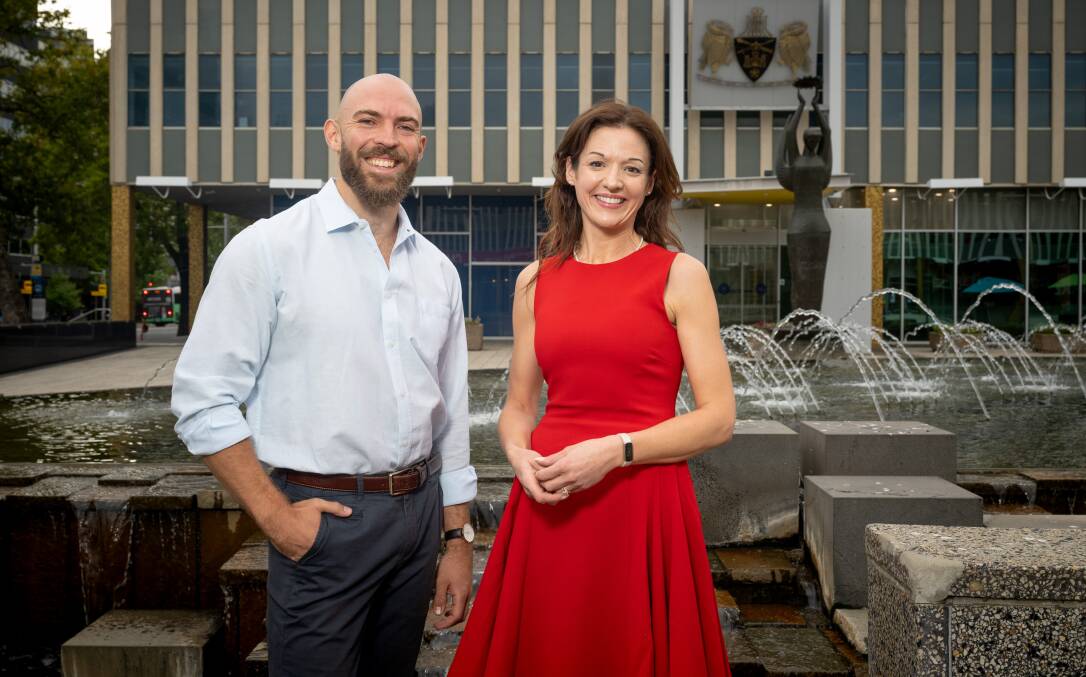Justin Ryan wants to find the best possible candidates to run for the Legislative Assembly this year. But he doesn't want to be one himself.
Mr Ryan is the co-founder of KIN, a project that will aim to run a more transparent process to identify candidates to contest the October election.
The Canberra business owner has split with Independents for Canberra and said that group had made the mistake of putting up candidates without first seeking community endorsement.
KIN will be another group vying for the attention of Canberra voters, who have already been presented with a smattering of independent groupings looking to disrupt the ACT's long-standing Labor-Greens government.
Mr Ryan said without a process for the public to be properly involved in selecting candidates, there was no semblance of political participation.

"The fact that our traditional party systems have sort of eroded and become dysfunctional means it needs to be replaced by some other process. It needs to have something else there," Mr Ryan told The Canberra Times.
"Or we generally run the risk of not seeing candidates who would otherwise step forward because they did not see a process they could go through. So we're not creating this fertile field of potential leaders to grow."
One of the ideas Mr Ryan, whose Labor membership lapsed more than a decade ago, proposes is a "split-preselection mechanism", which gives half the decision-making power to a selection council and half to community participants, enrolled voters who are free to sign up and participate.
The council can put up candidates and people can self-nominate, but to be preselected they would need to win support from both the council and community participants.
"If we are going to see ethics in politics, then we need to see integrity and transparency in the way we go about selecting candidates. The existing parties are in decline, and there is strong appetite for alternatives. A lack of thoughtful selection processes that stand up to scrutiny would be a missed opportunity," Mr Ryan said.
Mr Ryan was involved with the Independents for Canberra group, which was launched by Clare Carnell and Thomas Emerson on Monday. Mr Ryan split away about three weeks before the launch.
Mr Ryan has also been on the national executive of the Australian Progressives party alongside the other KIN co-founder, Emma Crocker.
Mr Ryan said he believed Mr Emerson would make a "very able politician" but had made a mistake in putting himself forward as a candidate without first establishing community backing.
"Tom didn't like [my plan]. Obviously he felt that he had the strength to do without that, which is really sad because instead of being able to have been all together as a group about to go on this incredible process that could lead to a bold experiment in improving our democracy, we have a situation where there would be almost no process, and an attempt to almost hold a coup to try and win the balance of power," he said.

Mr Emerson said he admired and shared Mr Ryan's passion for better representation and engagement in the ACT's democracy.
"As we've said publicly, we are kicking off Independents for Canberra with a major community town hall on 11 February and actively seeking community candidates to join us," Mr Emerson said.
"We've had hundreds of conversations and sought advice from other community groups like proACT and the Community Independents Project.
"From that, we've worked hard to come up with a set of principles and an efficient, principle-focused candidate selection process that maximises community input in the time available between now and polling day.
"Unfortunately Justin wasn't able to agree to core elements of this model."
Mr Emerson said Mr Ryan's comments did not reflect the "deep community focused approach we are embracing".
Mr Ryan said he felt going public was the only way he could bring the ACT's independents movement back together in the time for the election.
Mr Ryan said he was still hopeful the KIN project and Independents for Canberra could work together
"I think that right now we need to have this big public discussion and then hopefully by the time May comes around, I'm hoping we will have conjugated into some sort of cohesive situation where this is more legitimacy to the way these candidates are selected," he said.







